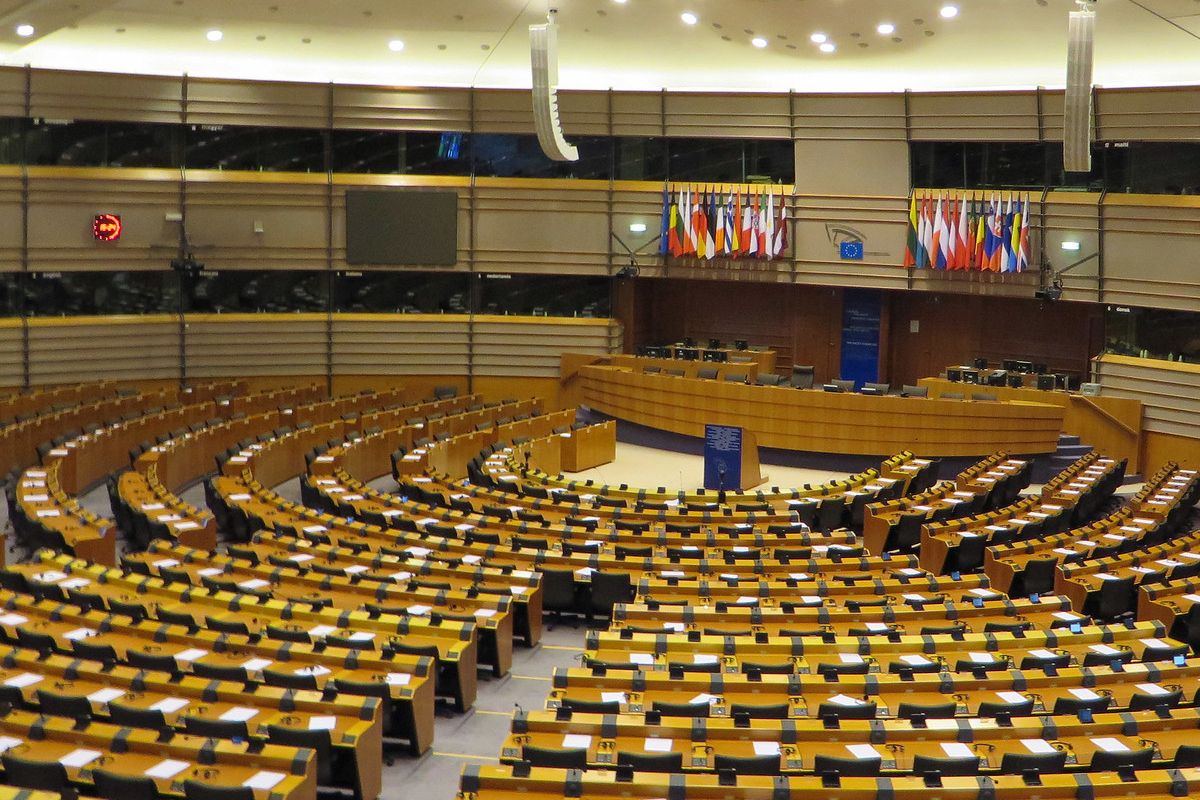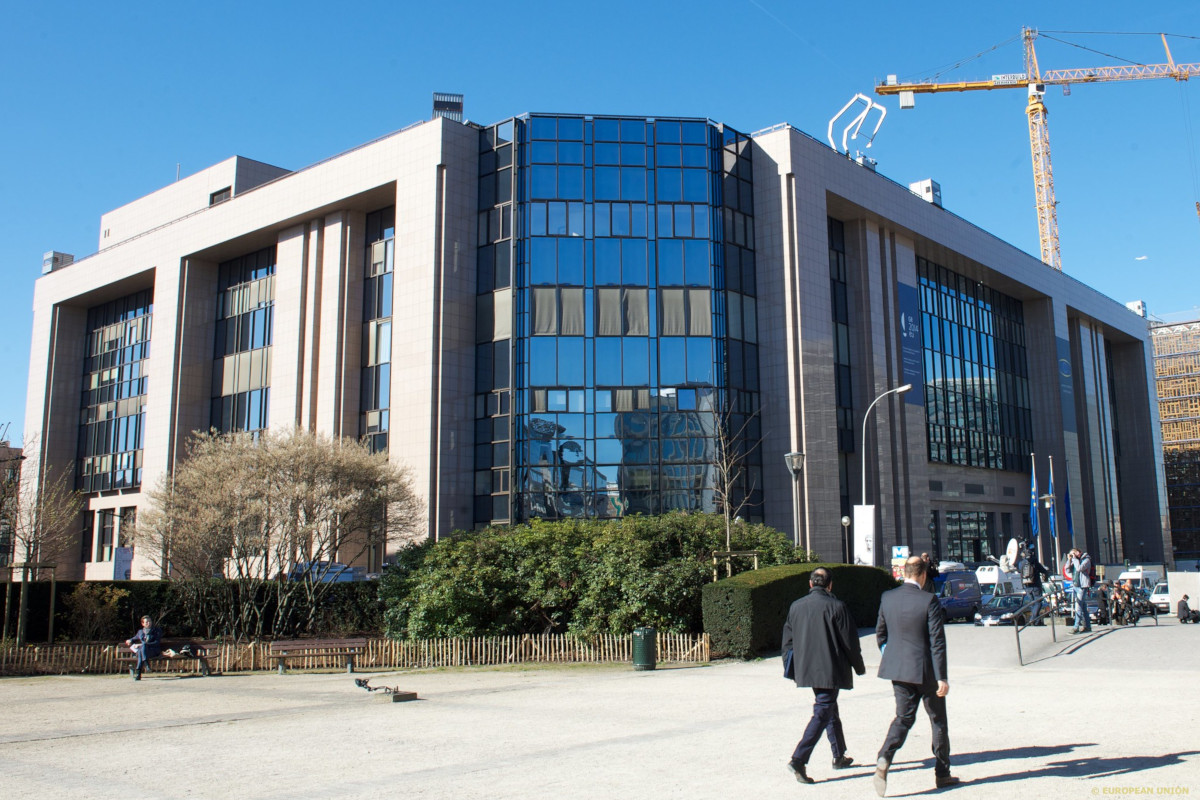EU rules allowing "exceptional" use of spyware against journalists need "fine-tuning"
Topic
Country/Region
23 May 2023
Agreement within the Council on the European Media Freedom Act (EMFA) is "very close", according to a recent document circulated by the Swedish Presidency - but provisions on the "exceptional" use of spyware against journalists are still the subject of discussions.
Support our work: become a Friend of Statewatch from as little as £1/€1 per month.
 Image: Daniele Marzocchi, CC BY-NC 2.0
Image: Daniele Marzocchi, CC BY-NC 2.0
"The exact drafting on the possible use of spyware in relation to journalistic sources is still under discussion," says the document (pdf), dated 4 May, with negotiations ongoing in the Council's Audio Visual Media Working Party.
"Although all Member States agree on a common strong protection of journalistic sources," the document continues, "the provisions giving possibilities for exceptional instances still need further discussion and fine-tuning."
The EMFA "aims to improve the functioning of the internal media market," according to the European Commission, and also includes "a targeted safeguard against the deployment of spyware in devices used by media service providers or journalists."
"Since the initial Pegasus Project revelations, we’ve learned that governments and private actors in over 46 countries worldwide, including EU member states, have used invasive spyware to target and silence journalists, human rights defenders, political opponents, and dissidents. "
European Digital Rights recently argued that the Commission's proposal:
"...risks legalising routine deployment of spyware and other repressive measures involving or not surveillance technologies against journalists. This is due to the large broad and undefined scope of safeguarding “national security”, an area of exclusive competence of the Member States. Yet, it has been demonstrated how Member States have abused this notion of national security to impose mass surveillance or other exceptional repressive measures, not just in pursuit of fighting terrorism, but also for social and political control. It is therefore not acceptable that EU law endorses the “ground of national security” to justify the use of spyware against journalists. This exception counteracts the desired effect to protect journalists."
It is unclear what precisely the Council's "fine-tuning" involves - but given the institution's record, it is unlikely to involve increasing the level of protection set out by the proposal.
Documentation
- Regulation on the European Media Freedom Act - Progress report (Council doc. 8679/1/23 REV 1, 4 May 2023, pdf)
Our work is only possible with your support.
Become a Friend of Statewatch from as little as £1/€1 per month.
Further reading

Spyware "culture of impunity" must be countered
Joint submission to the United Nations Global Digital Compact on targeted surveillance.

EU: Inquiry must examine use of spyware against human rights activists worldwide, MEPs told
Over 20 human rights organisations, including Statewatch, have urged a European Parliament committee of inquiry into the use of Pegasus and other forms of surveillance spyware to invite testimony from targeted activists from across the globe, rather than just within in the EU. Read the open letter to the committee here.

In the wake of the Pegasus revelations, states must halt the use and export of surveillance technology
States must place an "immediate moratorium on the sale, transfer and use of surveillance technology," says an open letter signed by over 150 human rights organisations (including Statewatch) and more than 30 independent experts in response to the Pegasus Project revelations, which have shown how spyware developed by the NSO Group has been used against some 180 journalists.
Spotted an error? If you've spotted a problem with this page, just click once to let us know.

